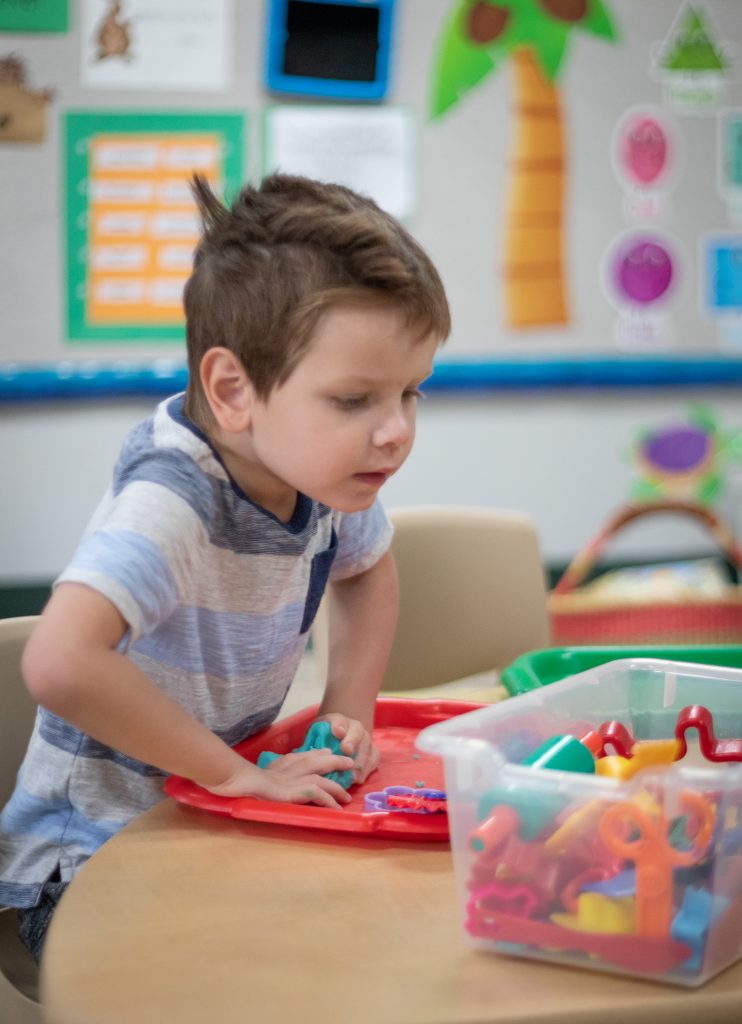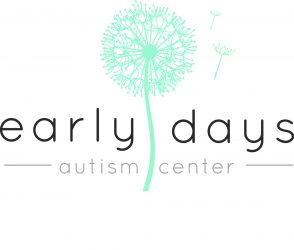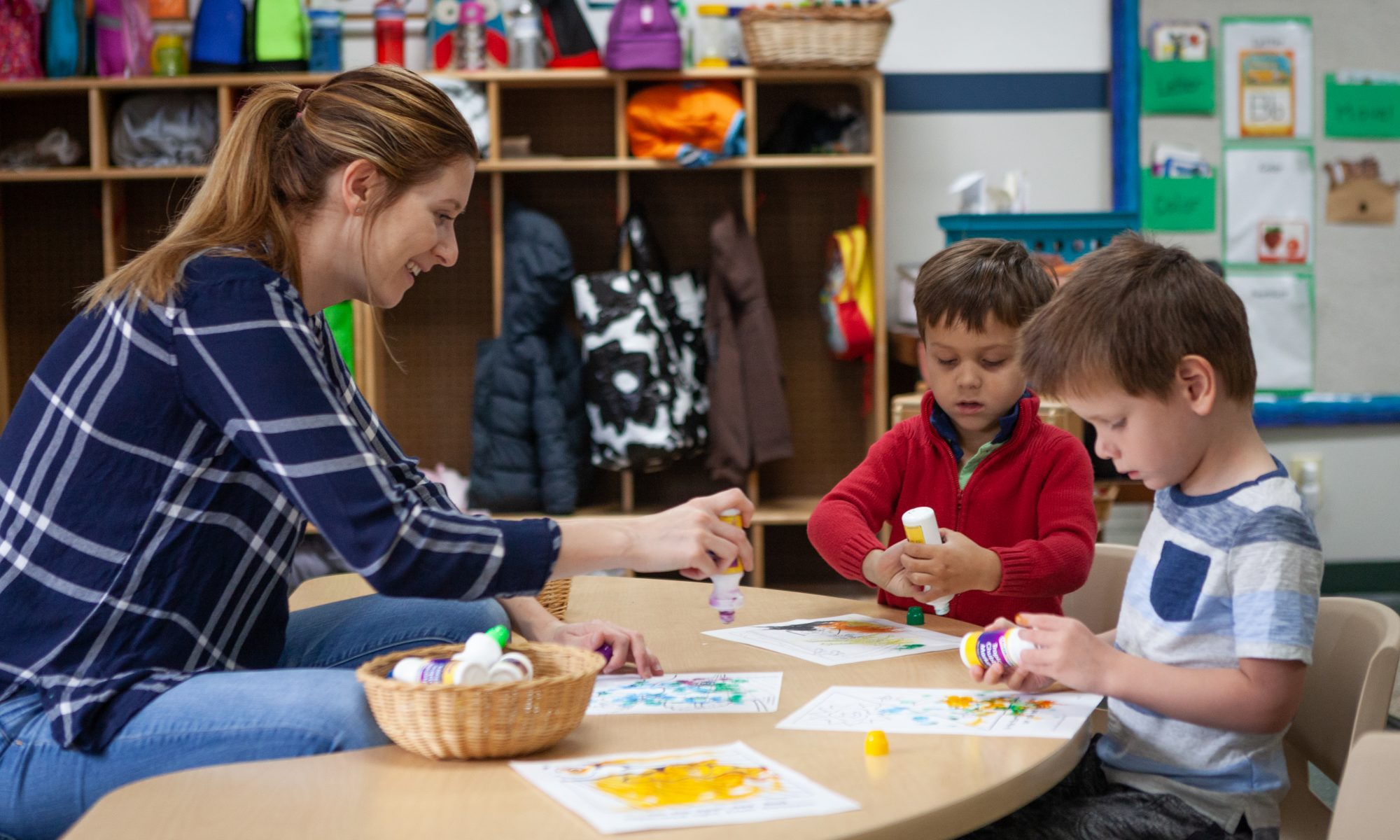Socially inclusive settings are more beneficial than segregated ones for children with special needs. According to research evidence, these children make substantial gains alongside their peers whom they befriend, and together they become a community. Parents benefit too! Read more about out impact
Research has shown that children with typical development who play with children with special needs also benefit themselves. Inclusive programs allow children to experience giving and receiving from others. Children learn to accept differences and understand that we all experience different difficulties in different ways, empathic skills are learned and tolerance and helping others in society is emphasized.
Furthermore, in schools that have worked with EDAC to learn the GESDM, the staff is enjoying the support of Developmental Specialists that are present in the school. This gives the staff natural opportunities to learn and be updated on latest research on how children learn and how to adjust environment to children needs, strength and difficulties. These environments create opportunities for early childhood educators and care professionals to work together with health providers to build a developmental, educational inclusive program where there is room for individualized learning, led by the child motivation and abilities. Parents benefit too. Read a testimonial of our first collaboration project. http://faithdigital.org/Sacramento/CH0118/D54B53F328A92FFFBE456F396A71EACF/SAC0118.pdf
JOEY’S CLASSROOM 2017-2022 in collaboration with EVERY CHILD

Created the first full inclusion G-ESDM classroom in the United States based on the evidence and practice as described in the G-ESDM manual
https://books.google.com/books?id=OrO_DQAAQBAJ
Created a laboratory classroom to investigate the enablers and barriers to teacher training in the G-ESDM and model dissemination in countries that practice full inclusion such as Italy.
Blended the developmental aspects of the G-ESDM and developmental curriculum within the context of a community based setting that has been serving children in a more traditional approach for more that 20 years.
It is our goal at the Early Days Autism Center (EDAC) to implement and support programs using G-ESDM in educational programs and clinics and to create partnerships with similar G-ESDM programs around the world. We believe that peers are the best models for the child in social interactions, rather than the adult, as for any other child.
EDAC current G-ESDM projects include:
Parent Coaching (P-ESDM) Play groups– Evidenced based parent coaching on the ESDM strategies. The group setting allows parents to share and learn together and to establish community connections. The children enjoy group activities and peer play while parents support their play.
Demonstration Inclusion programs – In these programs, children with ASD are included in pre-school classes taught by teachers who have been or are undergoing training in the GESDM. Children’s learning goals are implemented inside small and large group activities with a teacher child ratio of 1:2 and 1:3. Some children with ASD are also accompanied by an interventionist (IA- Instructional assistant) who helps them by mediating daily routines and help them play with their peers and practice social skills. The child participates in all of the activities alongside the other children in their class. Some children receive additional 1:1 time in which the IA utilizes activities to create learning opportunities for children’s in inclusive setting. All activities are specially fitted to match the children’s needs and personal developmental goals.


